Intellectual disability is related to those situations that create difficulties in a person's learning processes
Whether it is about adaptive skills, which are what are supposed to allow us to live together in the community, to social roles, and, mainly, to communication and fine and gross motor skills.
Read more content like this at: thewomanpost.com
Mónica Cortés is a teacher and executive director of Asdown, a family organization that has been in the country for fourteen years and is dedicated to promoting the rights and social inclusion of people with disabilities, specifically intellectual disabilities. Today Asdown brings together eighteen organizations and sixty leaders across the country. In addition, they are representatives of Inclusion International, an NGO that leads the work for the rights of people with intellectual disabilities around the world.
Asdown focuses on three fronts. First to the orientation of families, information on the different situations to which intellectual disability leads – the first news, health care, and access to education, among others. Second, they have become a benchmark for inclusive education, as they promote best practices applied to education systems with principles of equity, accessibility, and diversity. And third, they do political advocacy and participate in formulating laws, programs, and public policies to include and recognize people with intellectual disabilities.
What are the main fears of families in the face of intellectual disability?
The first obstacle that families and pregnant mothers face is the lack of correct and real information. When there is a boy or girl with a disability, this information is not usually positive, phrases such as "it will not be useful for anything", "they are children who will not be able to learn", "they will be a child for life" are false and they are far from reality.
“The first thing to tell these families is that this is not the case. A person with an intellectual disability will be a child, an adult, or a young person, and will have a life like everyone else. Nobody has the perfect children that we imagine, and life has that”, says Mónica.
At Asdown they listen to families’ fears and try to clarify all concerns. Listening to them means understanding what worries them.
“Many times that concern has to do with a health issue, ‘my son has this. They think they can die from the diseases that the doctors show them. The idea is to be able to show them what the health services do not clarify: that there are medical protocols and that this list of conditions has more to do with prevention”.
Families also have worries and fears related to discrimination against their sons or daughters, how they will assimilate the learning processes, and how their access to health and rights will be.
“Before this was not imaginable, many stayed at home, others went to institutions with people with disabilities and there they grew up and aged. We believe that children should start their schooling from 1 to 5 years old accordingly”.
Although science has advanced in fertility issues, studies on Alzheimer's and specialized therapies have. Families have understood that having a child with a disability is not a punishment or that there is something wrong with their genes. Cell division is not controlled by anyone.
Thanks to the stories of people with Down syndrome who today speak before the UN, have YouTube channels, are poets, or like to promote reading, it has been shown that the barriers are social and that children only need understanding, affection, and stimuli that allow them to develop adequately at their own pace and taking into account that before addressing or treating a diagnosis, they are human beings who can achieve all the goals they set, be good friends, family members, and companions. No single version of a human being exists, nor are children perfect. They are only what they are, and what they want to be.




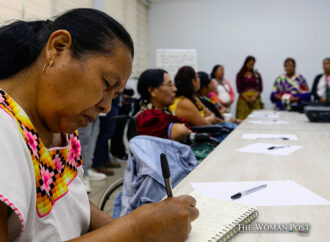
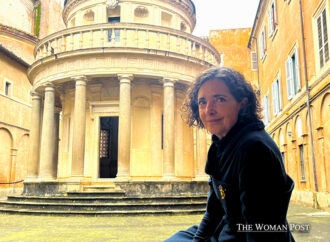
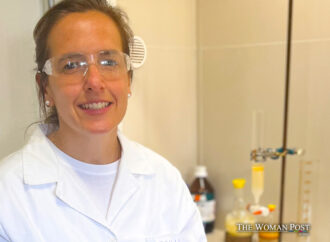
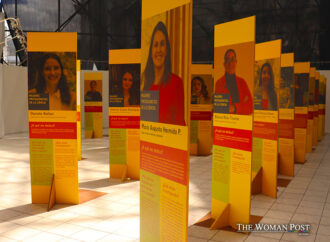
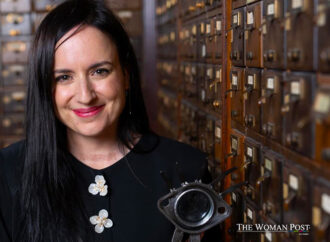





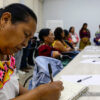



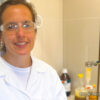
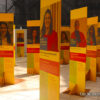
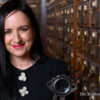
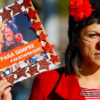
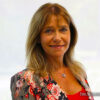

Leave a Comment
Your email address will not be published. Required fields are marked with *